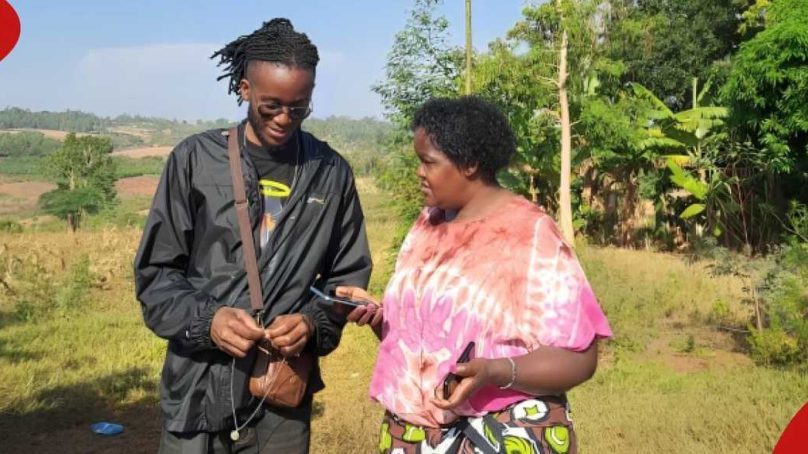
The teargas had barely cleared when 19-year-old Rex Masai collapsed on Moi Avenue, bleeding from a gunshot wound. Caught in the chaos of anti-finance bill protests on June 20, 2024, Rex’s death was not just a tragedy – it was a symbol.
Rex’s killing is a symbol of a nation’s fragile democracy, marred by systemic police brutality that continues to claim innocent lives.
The Independent Policing Oversight Authority (IPOA) confirmed what many already suspected: Masai was unarmed, running away from confrontation when a police officer allegedly took aim and fired.
A bullet to the thigh – lethal, deliberate. Now, the suspect stands in court, but justice in Kenya has a long history of vanishing behind closed doors.
Policing in Kenya: A legacy of violence
Kenya’s police force has, for years, operated in a murky zone where accountability is rare and brutality is normalised. Human rights groups have reported hundreds of extrajudicial killings, particularly in Nairobi’s low-income areas. Victims are often young, male, and poor – just like Rex.
Despite the 2010 constitutional reforms and the creation of Independent Police Oversight Authority (POA), convictions for police misconduct remain almost nonexistent. Officers are often transferred instead of tried, shielded by a code of silence and political convenience.
Rex Masai’s Case: A turning point or another cover-up?
The courtroom now becomes a battleground not only for justice, but for public trust. The Director of Public Prosecutions has vowed to pursue justice, but Kenyans remain skeptical.
“Rex was our brother, not just our comrade,” said one protestor during a vigil held in Nairobi. “They want us to forget him. But we won’t.”
The tragedy sparked renewed protests against the controversial Finance Bill 2024, as well as broader outcry against police killings. The government’s response? More force. More arrests. More silence.
The pattern of bloodshed
Rex’s death follows a chilling list that include Kianjokoma brothers, Baby Pendo, Yassin Moyo dozens more whose lives were ended by those sworn to protect.
The National Police Service frequently justifies force under the guise of “law and order.” But when unarmed protestors and bystanders fall dead, that justification collapses.
Where Does Kenya Go From Here?
Kenyans are demanding:
- Transparent investigations with public oversight.
- Real-time body cameras for police.
- An end to the militarisation of public protests.
- Justice, not press conferences.
For now, Rex Masai’s name is chanted in the streets. His portrait painted on walls.
His blood a reminder that peace without justice is nothing more than submission.
The court may deliver a verdict. But history will judge a nation that continues to protect the powerful and punish the voiceless.
Justice must not be delayed. And it must never again be denied.
- A Tell Media report






